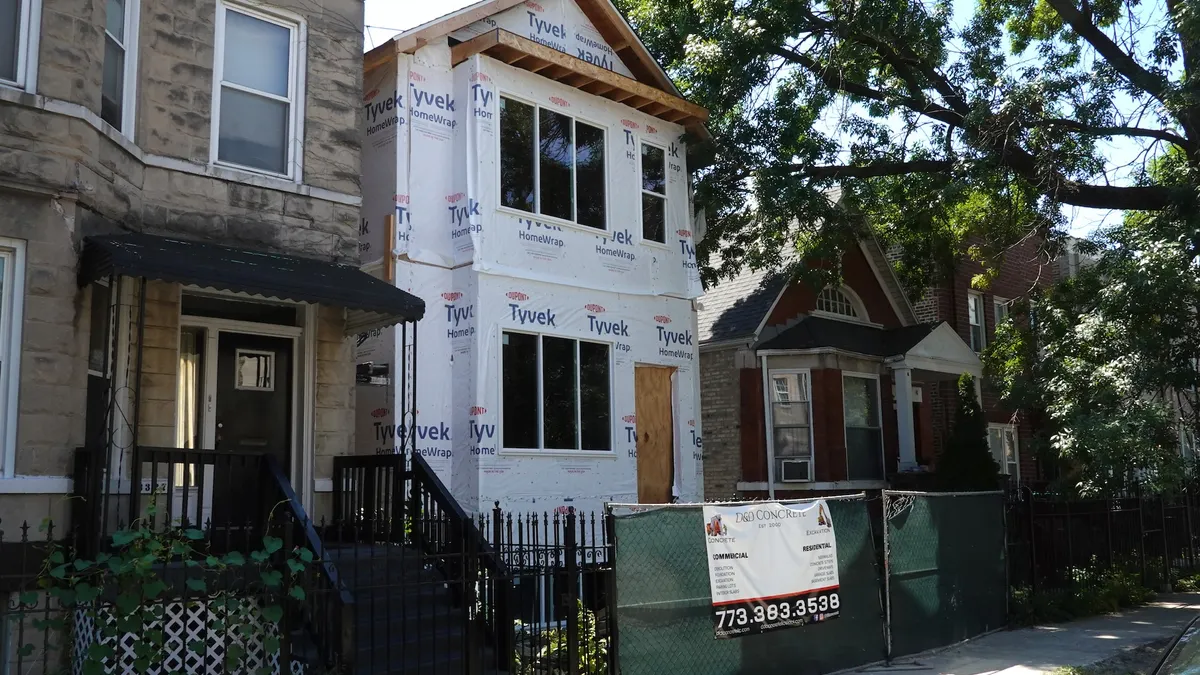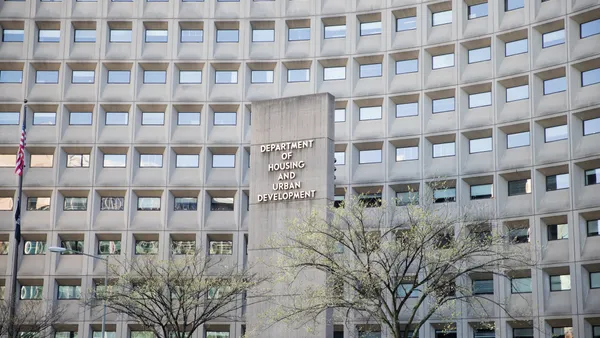Dive Brief:
-
Chicago this summer eliminated parking mandates for new construction, rehabilitation or reuse projects that are located within a half-mile of a Chicago Transit Authority rail station, or 1,320 feet of a high-volume CTA bus line.
-
The change, which impacts all zoning districts except downtown districts, is part of an ongoing effort to spur affordable housing development in the city, which has struggled to curb the surging costs of housing in recent years.
-
“We need to pull every lever that we possibly can to grow our housing supply and drive down the cost of rent in Chicago,” Mayor Brandon Johnson said in a press release. “Parking requirements often act as an obstacle to building faster and more efficiently.”
Dive Insight:
Chicago is the nation’s third-largest city, but when it comes to year-over-year rent increases, it leads the way. According to Zillow’s Observed Rent Index, rent in Chicago surged 6.1% in July compared with the same period last year. For-sale inventory, meanwhile, fell 2.1% year-over-year.
Chicago is short 119,000 affordable housing units, according to Johnson. More than 51% of the city’s residents are considered cost-burdened, spending more than 30% of their income on rent and utilities.
Johnson blamed governmental restrictions for housing development “bottlenecks” in Chicago and launched a “Cut The Tape” initiative to remove certain barriers to construction. Among the barriers targeted were parking mandates. Parking minimums for residential developments in Chicago range from 0.1 to 2 spaces per unit, depending on the type of housing.
A typical 100-unit building near a CTA station wastes up to $825,000 in construction costs for unused parking spots, according to a joint press release from Johnson and Chicago Alderman Daniel La Spata.
Studies have also shown that parking requirements can impact housing affordability.
Multiple cities have cut parking requirements in the last decade in an effort to ease the ongoing housing affordability crisis, including Minneapolis; San Francisco; Austin, Texas; San Jose, California; and Portland, Oregon, according to Yale360.











